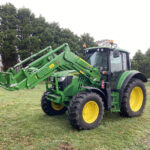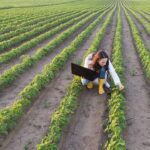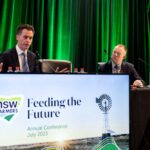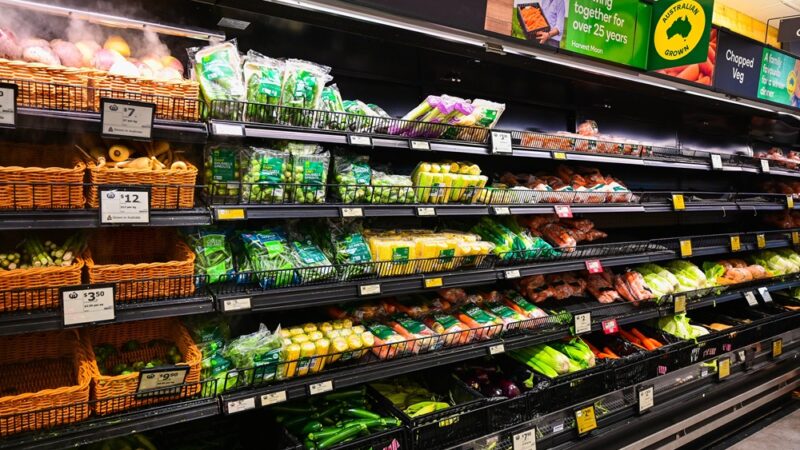The Henty Machinery Field Days (HMFD) is a premier event on the farming calendar, recognised…
Feeding the future and tackling the issues at the 2023 conference
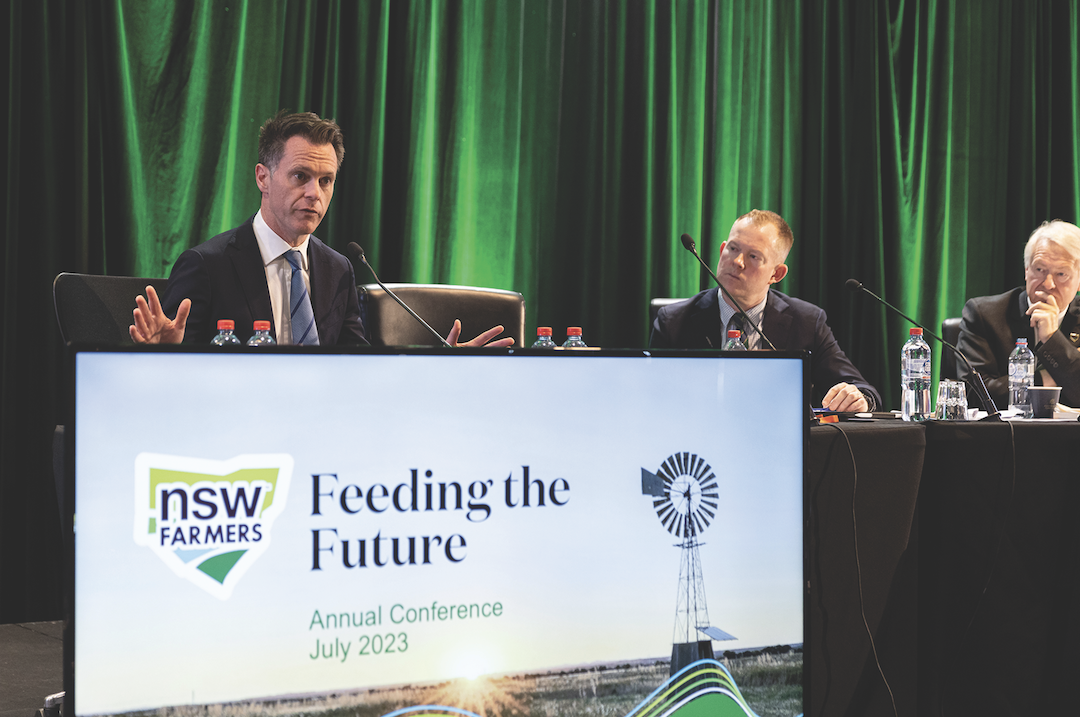
The atmosphere at Rosehill Gardens Racecourse in mid-July was resolute, lively and highly social as more than 300 members of NSW Farmers converged on the conference centre to mix with movers and shakers from NSW politics, agricultural business, major industry brands and sponsor organisations as well as from within NSW Farmers itself.
With this year offering a backdrop of issues ranging from climate change and supply chain gaps, through to biosecurity incursions and land access questions, discussion sessions surrounding the more than 100 motions tabled by members were never dull.
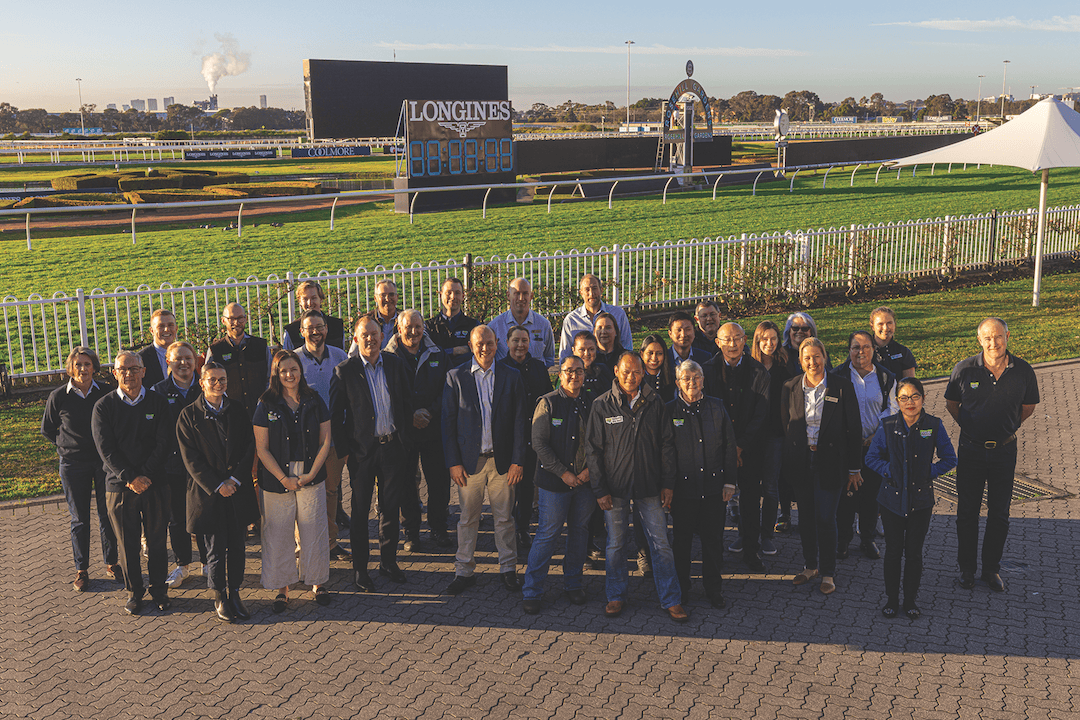
A direct line of communication
There was an undeniable undercurrent of excitement at the chance to partake in such big-picture and passionate debates, especially coupled with the chance to put questions directly to all the major players in attendance such as the Premier of NSW, the Hon. Christopher Minns MP; the Leader of the Opposition, the Hon. Mark Speakman SC MP; the NSW Minister for Agriculture and for Western NSW, the Hon. Tara Moriarty MLC; the Director-General of the Department of Primary Industries, Mr Scott Hansen; the Leader of the NSW Nationals, Mr Dugald Saunders MP; CEO of the National Farmers� Federation, Mr Tony Mahar; and the list went on as the cream of NSW agriculture and thought leadership attended and addressed the crowd of delegates.
One delegate who travelled from the Far North Coast region especially to ask her question of Minister Tara Moriarty, came away from the session smiling widely. Jan Fletcher asked the Minister for assurance that the cattle tick program would be funded, in order to improve protection from cattle tick infestation and tick fever.
�I came back on farm in 1981,� explains Jan, �and realised the serious tick problem; that�s what spurred me on to join NSW Farmers as a member and, ultimately, to help start the Far North Coast branch.
�Finally I saw the Minister and thought �this is my chance!� So really, asking this question has been 42 years in the making. She gave a really positive response, too. It felt great.�
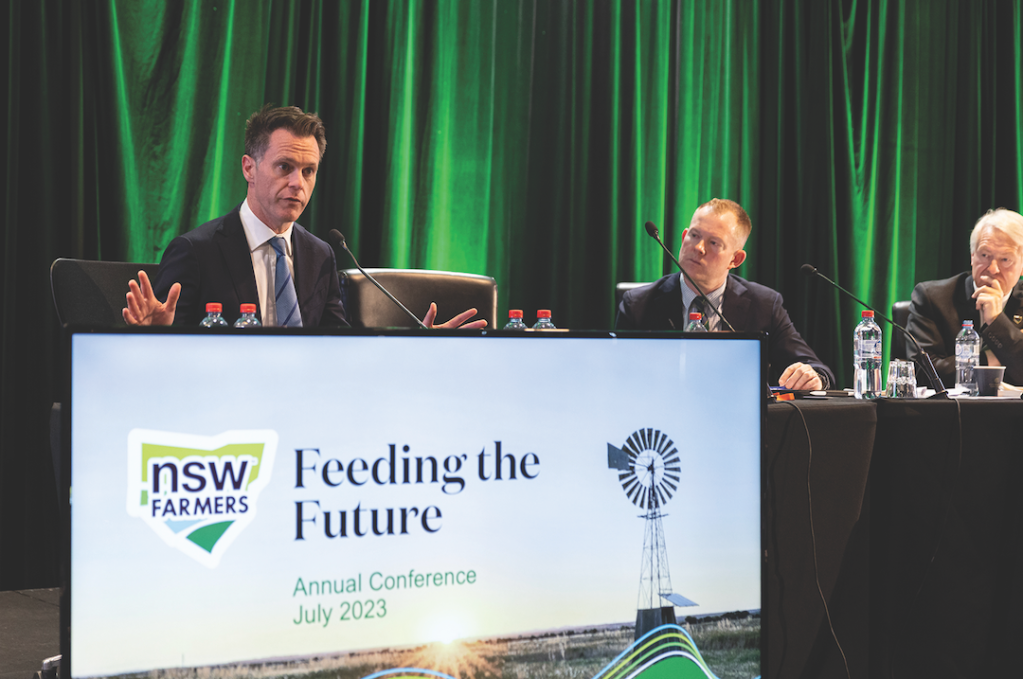
Testament to the place that NSW Farmers takes in terms of advocacy and influence, both Premier Chris Minns and Director-General Scott Hansen dedicated a full 20 minutes each to address members.
The Premier said it was a �privilege� to be speaking so directly with members at Conference, and with leaders of the farming community. �You are on the frontline of an industry that last year contributed $23.1 billion to our economy, that supports more than 130,000 jobs, but means so much more than that.
�The work that you do, the role that you play, is the cornerstone of our regional communities and shapes our state identity. We know that NSW does not thrive unless our regional communities thrive, and our regional communities do not thrive unless our agricultural industry thrives.�
The Premier listed some of the prime concerns within the ag sector, including cost of living, input and freight costs, labour shortages and the changing climate. He also announced the key areas of focus going forward, including a commitment for the soon to be established Net Zero Commission working with farmers to map out how we can reach Net Zero targets.
�We�re focused on sustainability � managing our natural resources to improve their environmental value and productive performance, for present and future generations,� he said. �We�re also focused on biosecurity � we want to protect primary industries, our environment and the community from the increasing threat and impact of pests, weeds, and diseases while also supporting the ambition of $30 billion by 2030 for the agriculture industry. And we�re focused on responding to communities and primary industries stakeholders in times of adverse events, and helping to build resilience for the future.�
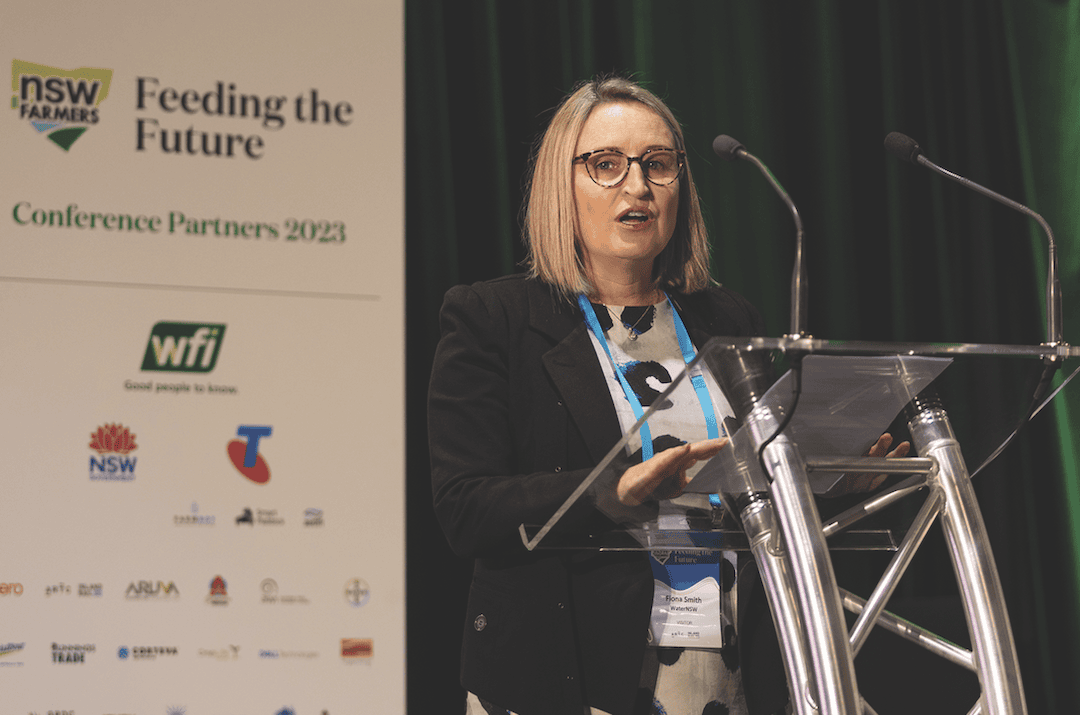
Biosecurity in dollars and cents
Premier Minns spent time laying out the State Government�s approach to biosecurity challenges, including Varroa Mite in bees, White Spot disease in prawns, foot-and-mouth and lumpy skin disease in livestock and more, followed by a welcome announcement.
�The National Feral Pig Action Plan estimates that feral pig populations are impacting primary production and the environment at a cost to Australian agriculture of more than $100 million each year,� he said, �which is why today I can announce the NSW Government has committed $13 million over the next year towards a feral pig control program.
�This program will aim to reduce the density of feral pigs across NSW through a statewide control program that will include landscape scale aerial shooting and ground control activities, building landholder capacity in feral pig control through training and extension, and a state-wide feral pig coordinator.�
The following day, Ms Tara Moriarty expanded on government biosecurity plans with some funding details that drew cheers from the listening delegates, announcing that a total of at least $260 million will be allocated to support NSW farmers over the next four years.
To the more than $33 million already pledged to control Varroa Mite outbreaks, the Minister announced an additional $31 million to support beekeepers and affected groups. She mentioned a recent $21.4 million response to White Spot disease, and announced a very considerable $80 million in additional funding to take protective measures against Red Imported Fire Ants (RIFA).

�All of us know about the destruction caused by feral pigs,� she also mentioned. �In fact, Xavier Martin [President of NSW Farmers] was in my office last week telling me about his experience dealing with a feral pig. Feral pig populations have been growing across the State; a coordinated approach involving farmers, landholders and government has always been needed.
�I�ve learned very quickly talking with farmers that biosecurity is the number one issue, and that it�s too important to be playing politics with,� she said. �While the Australian Government has introduced measures to strengthen controls, there has been a 50 per cent increase in detections 0f biosecurity matter at our national border in the past five years.
This places NSW at an even greater risk given the high proportion of goods and visitors we receive annually.
�The risk is so significant that the Commonwealth has rated the probability of one of the top five emergency animal diseases occurring in Australia by 2026 at 42 per cent.
�The risk of diseases that can spread between animals and humans is also increasing, given that at least 75 per cent of emerging human infectious diseases, such as swine flu and Covid, originate from animals. This makes the management of biosecurity threats a public health, as well as an agricultural imperative.�
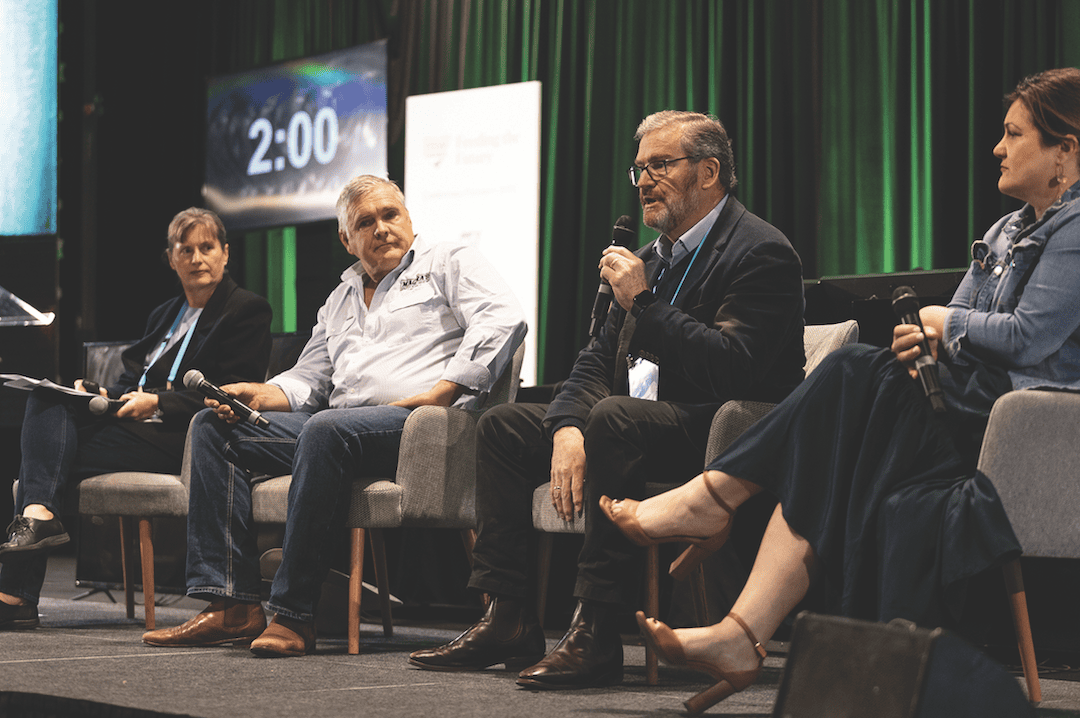
Panels beating the big issues
On the eve of the event and on the final day, panel discussions presented a coordinated and interesting mix of attitudes and ideas. The Ag Risk Management panel session was facilitated by NSW Farmers CEO Pete Arkle, taking on subject matter of prime importance in these days of climate-related events, supply chain-related risk and cost-of-living hikes that squeeze profit margins.
Drought and flood preparedness were covered, especially considering two of the four panellists were Ms Cindy Cassidy (SNSW) and the Hon. Dr John McVeigh (SQNNSW), both from regional Drought Resilience and Innovation Hubs.
More ephemeral topics were also tabled, such as individual appetite for risk, as well as risk management in terms of insurance product choice and design, discussing in detail the role of sustainable business practice in mitigating risk on a systemic level.
If you liked this story, click here to read more about the NSW Farmers’ Association and their work supporting rural communities.


